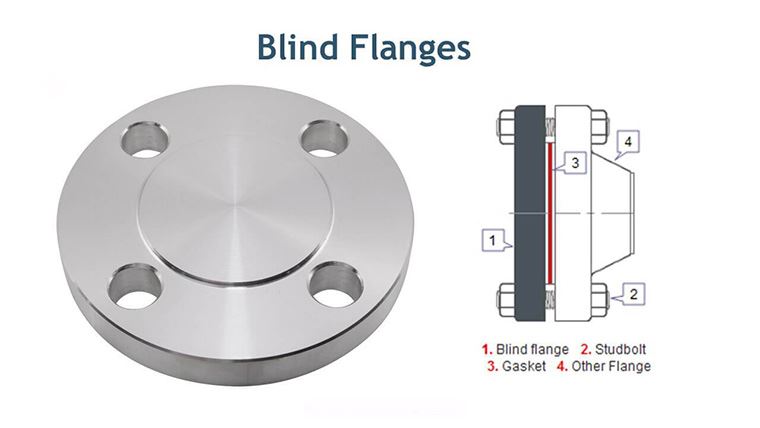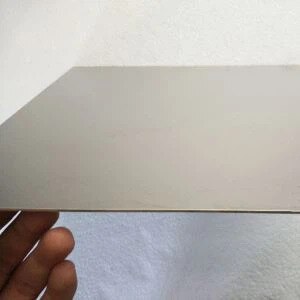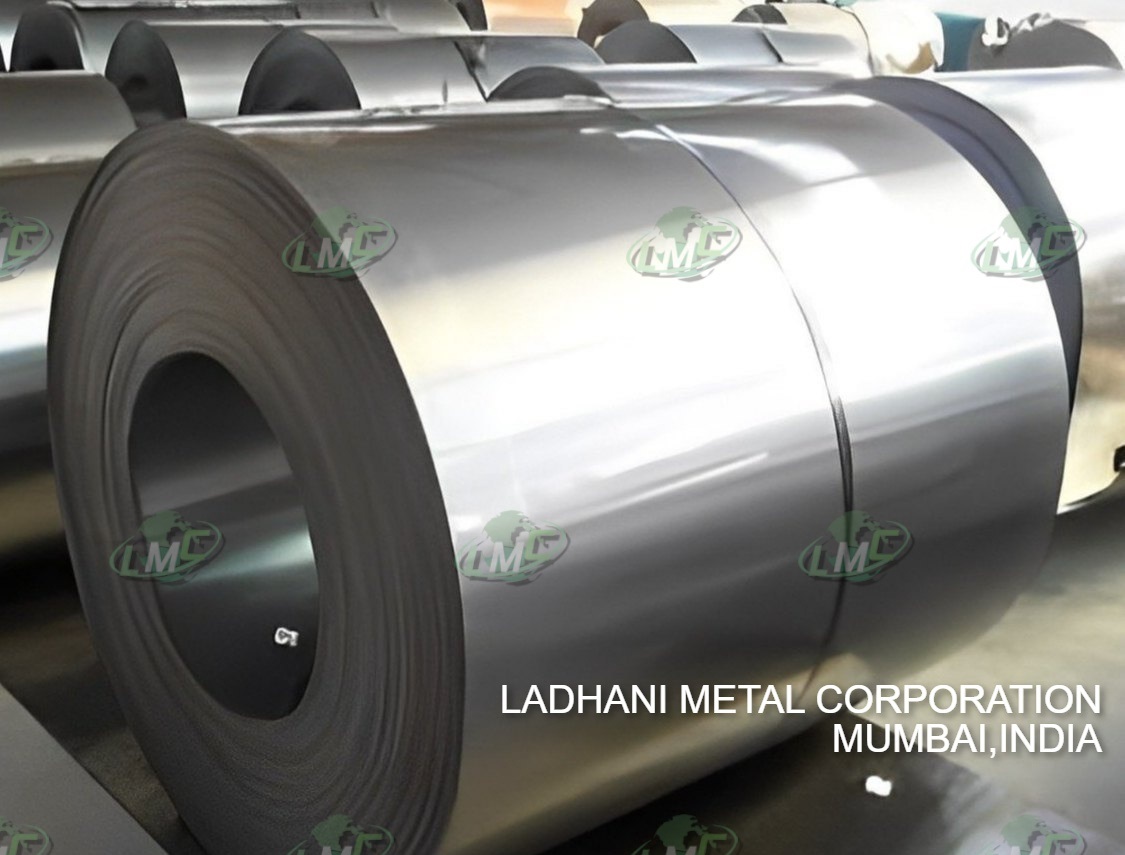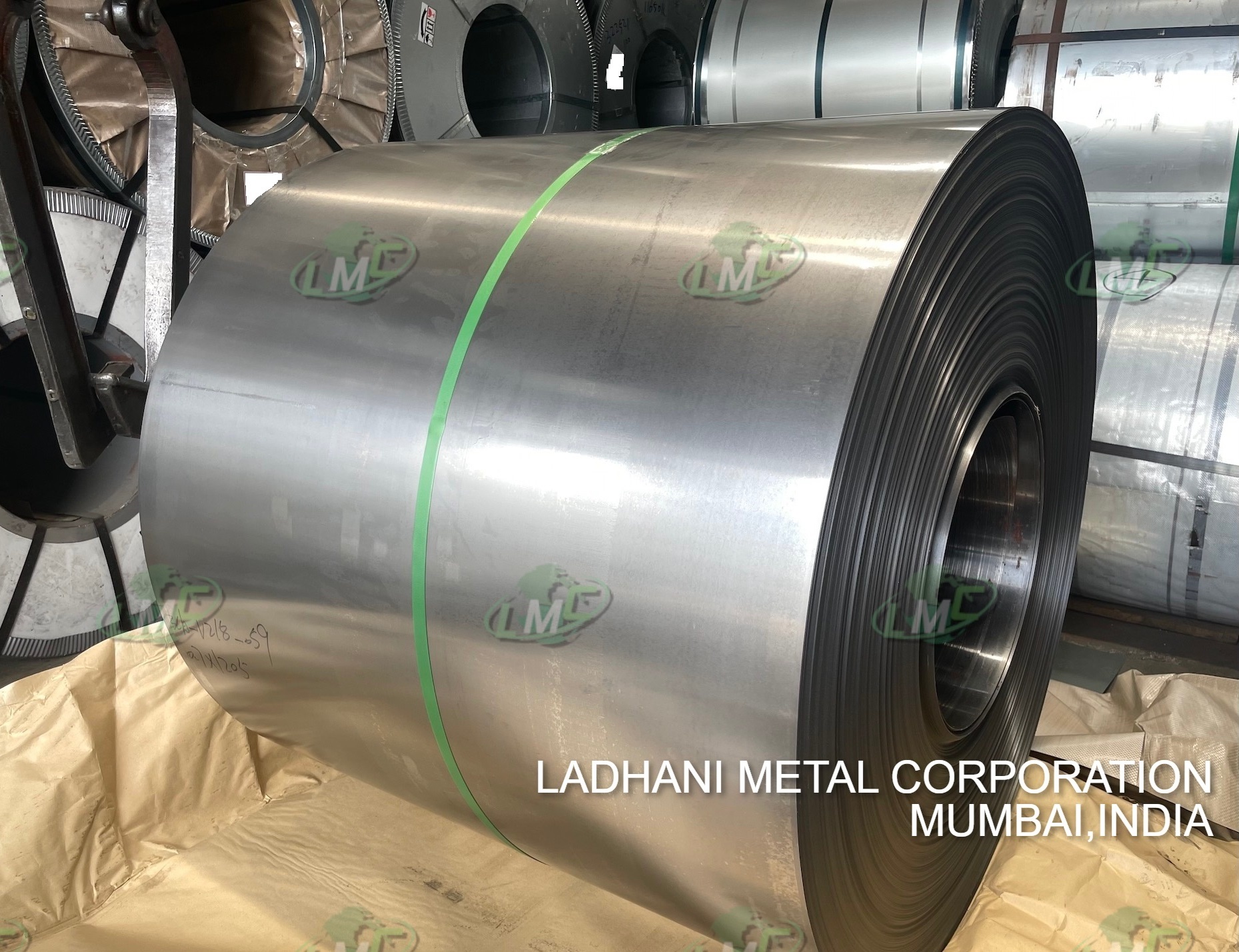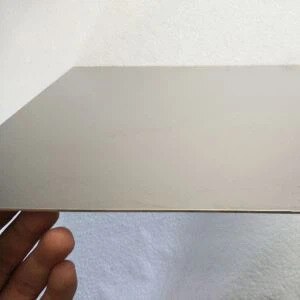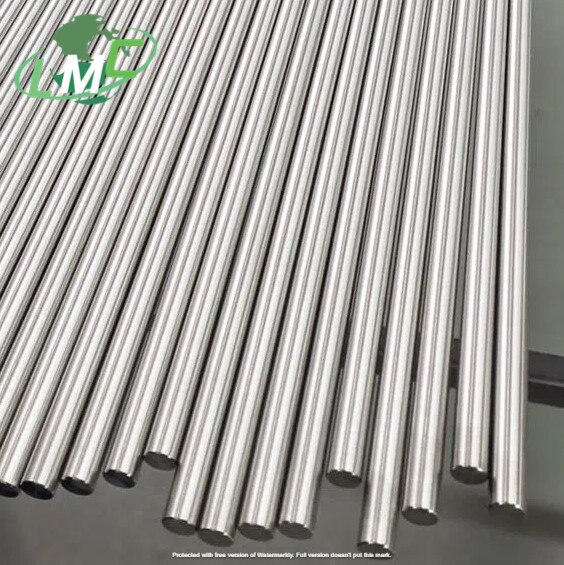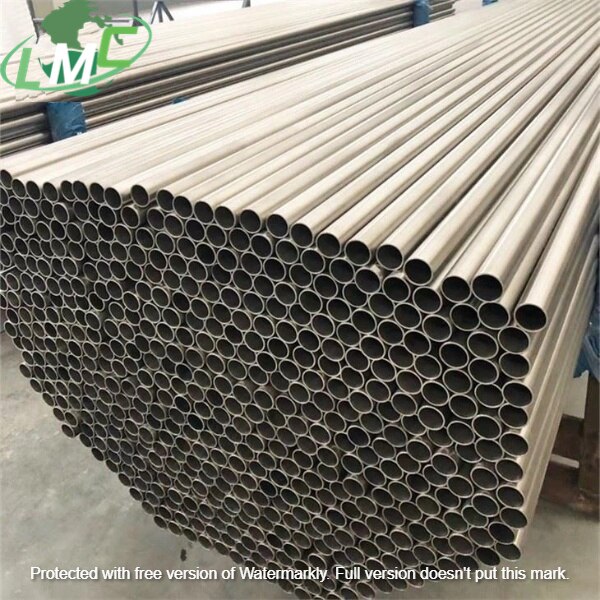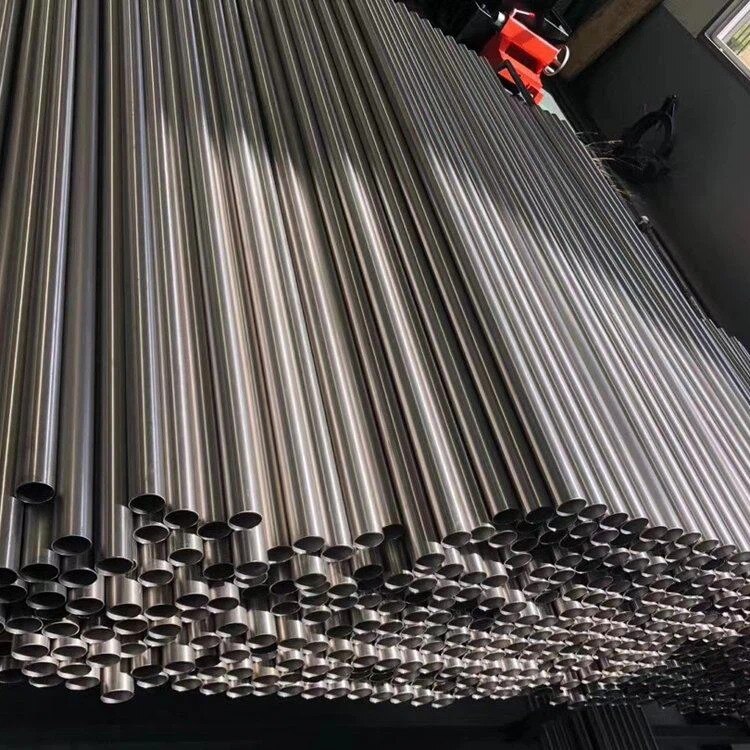Grade 7 Titanium Round Bar
Product Name: Titanium Bar
Standard: ASTM B348
Material: GR1, GR2, GR5, GR7, GR12
Shape: Round, Square, Flat, Hex
Diameter: 6-350mm
Length: Max 6000mm
Surface: Bright
Grade 7 Titanium Round Bar
Product Information
Standard: ASTM B348, AMS 4928, ASTM F67,ASTM F136
Grade: GR1, GR2, GR4, GR5, GR7, GR12, GR23, TC11, TC21
Russian Grade: BT1-00,BT1-0,BT1-2, BT9, BT22
Shape: Round, Square, Flat, Hex
Diameter: 3-350mm
Length: up to 6000mm, random length is also ok and the price is lower
Tolerance: H8, H9, H10, H11, H12, H13K9, K10, K11, K12 or as per your requirements
Surface: Polishing, Pickling
Condition: Annealed
Features: 1. Not any defects free from cracks no pitting.
2. Two ends flatting making sure length tolerance and good looking.
Chemical Composition
Element Titanium Grade 7
Pd 0.12-0.25
Ti Bal
Fe 0.30 max
C 0.08 max
N 0.05 max
H 0.015 max
O 0.2 max
Mechanical Properties
Element Titanium Grade 7
Density 4.51g/cm³
Melting Point 1668 ℃
Tensile Strength(Mpa) 370
Yield Strength(Mpa) 250
Elongation(%) 20
Reduction of area(%) 25
Send
Message

